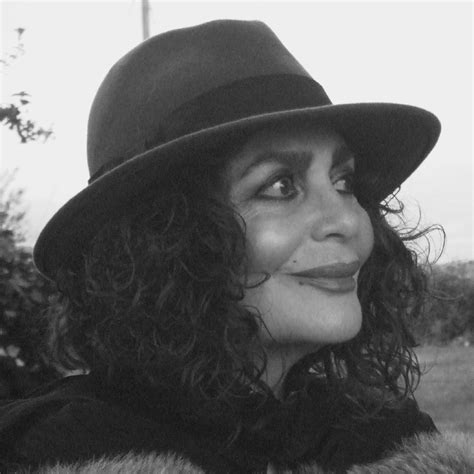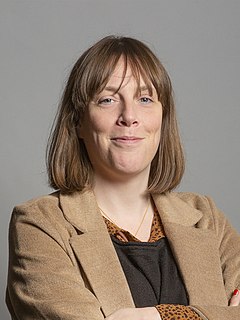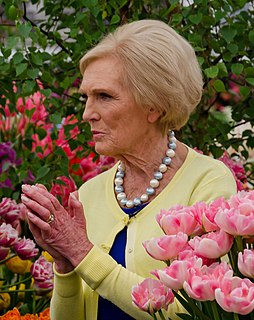A Quote by Marian Wright Edelman
In 1990, when we started the Black Community Crusade for Children, we were always talking about all children, but we paid particular attention to children who were not white, who were poor, who were disabled, and who were the most vulnerable.Parents didn't think their children would live to adulthood, and the children didn't think they were going to live to adulthood. That's when we started our first gun-violence campaign. We've lost 17 times more young black people to gun violence since 1968 than we lost in all the lynching in slavery.
Quote Topics
About
Adulthood
Always
Attention
Black
Black Community
Black People
Campaign
Children
Community
Crusade
Disabled
First
Going
Gun
Gun Violence
Live
Lost
Lynching
More
Most
Our
Paid
Parents
Particular
People
Poor
Since
Slavery
Started
Talking
Than
Think
Times
Violence
Vulnerable
Were
White
Would
Young
Related Quotes
We lose eight children and teenagers to gun violence every day. If a mysterious virus suddenly started killing eight of our children every day, America would mobilize teams of doctors and public health officials. We would move heaven and earth until we found a way to protect our children. But not with gun violence.
Within forty years of their arrival in the Plymouth colony, the first white settlers were afraid their children had lost the dedication and religious conviction of the founding generation. Ever since, Americans have looked to the next generation not only with love and solicitude but with a good measure of anxiety, worrying whether they themselves were good parents, fearful that their children would not turn out well.
Every generation likes to think that children don't read as much as they used to when they were young! You listen to some adults saying they were going around reading 'Ulysses' when they were seven or eight! I think children are voracious readers if you give them the right books and if you make those books accessible to them.
We can't go on forever with 11 million people living in this country in the shadows in an illegal status. We cannot forever have children who were born here - who were brought here by their parents when they were small children to live in the shadows, as well... What's changed, honestly, is that there is a new appreciation on both sides of the aisle, maybe more importantly on the Republican side, that we need to enact a comprehensive immigration reform bill.
What parents said they valued most were discussions with teachers and heads, and what they wanted was more descriptive information in their children's school reports. This is particularly true for primary schools. Parents wanted to know much more than just how their children were doing academically.
If I could be said to have any kind of aesthetic, it's sort of a magpie aesthetic - I just go and pick up whatever is around. If you think about it, the children were there, so I took pictures of my children. It's not that I'm interested in children that much or photographing them - it's just that they were there.






































